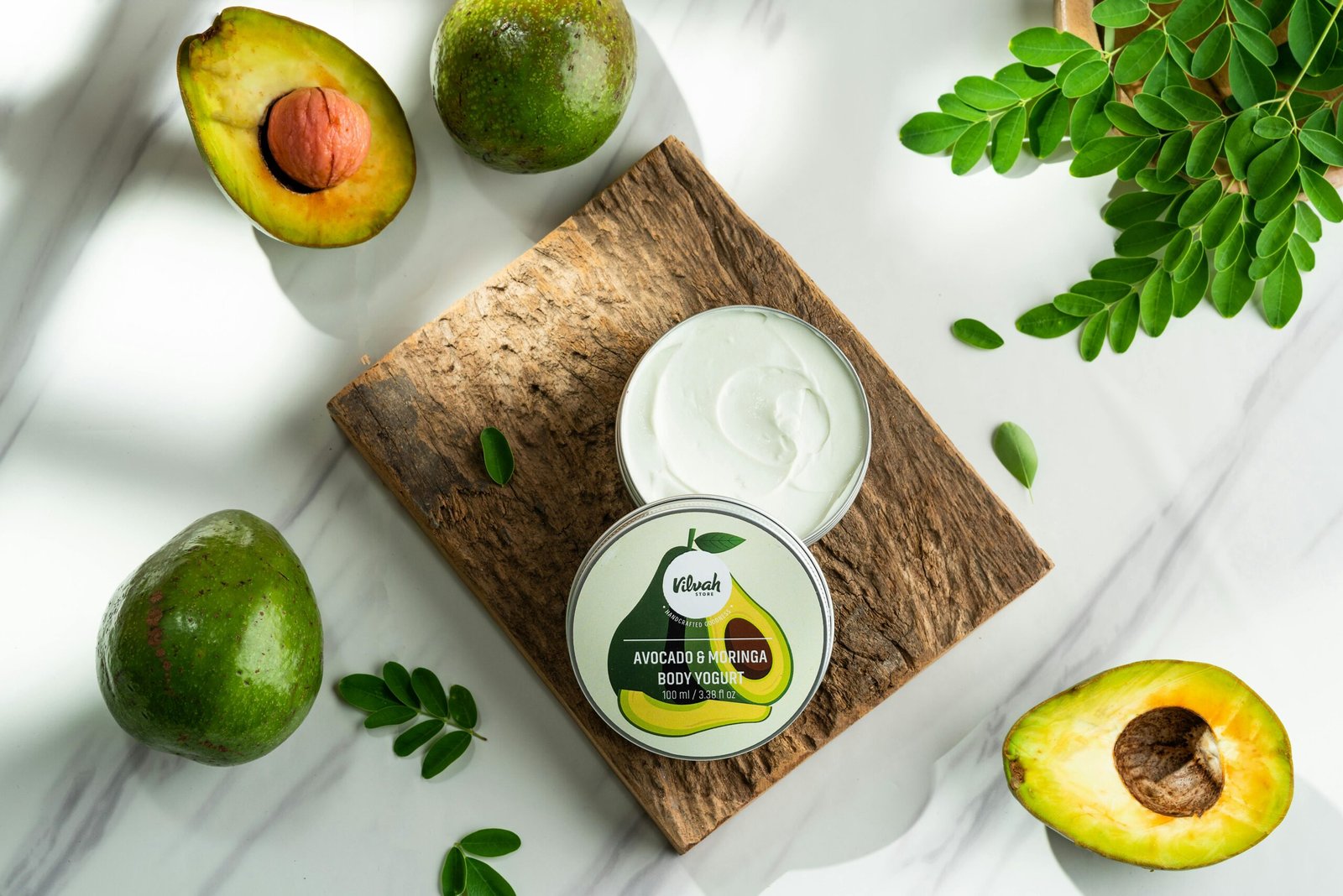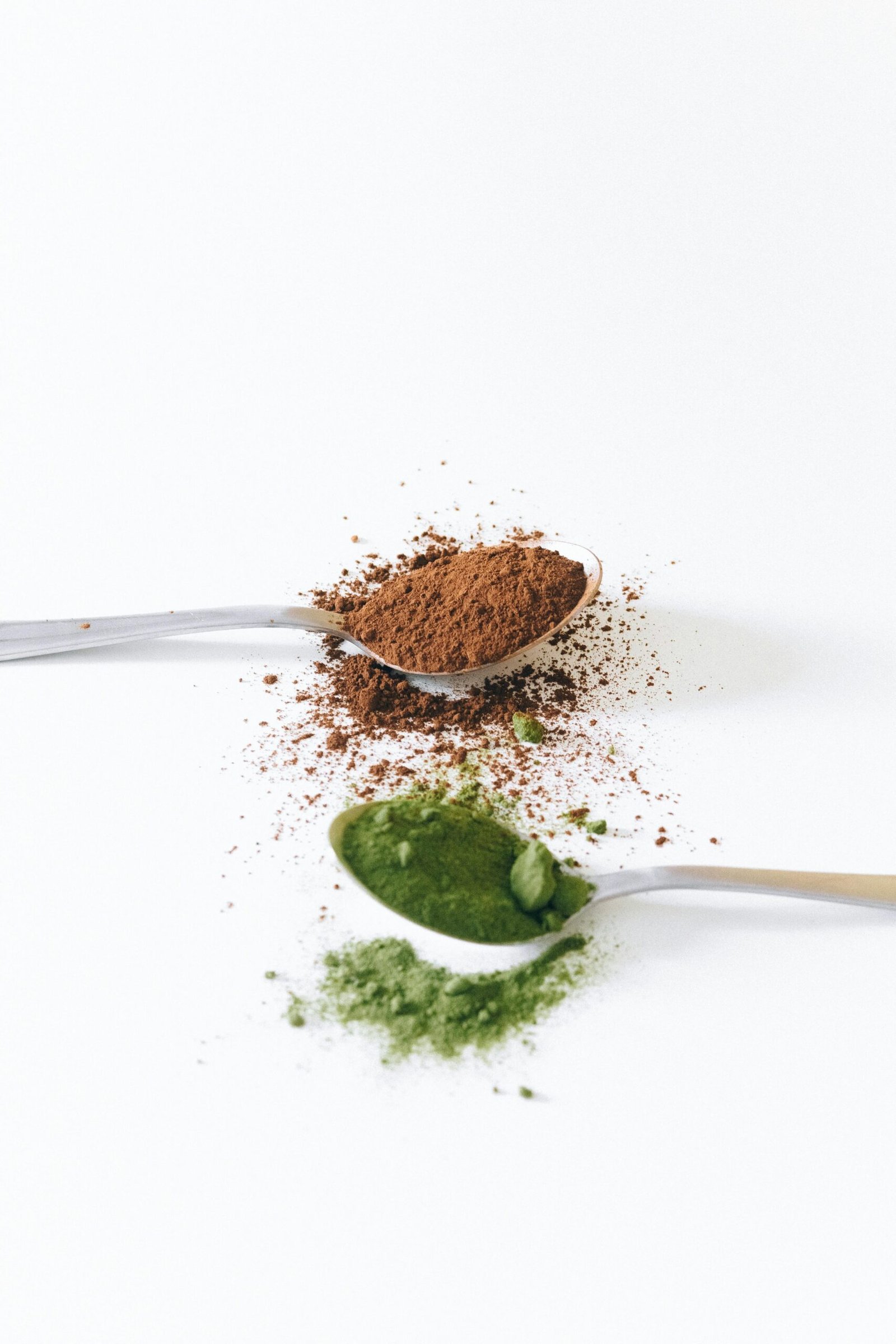Have you ever wondered how a small, often overlooked plant could significantly benefit your health? You might be surprised to learn about Moringa, a powerhouse of nutrition that offers a range of health benefits. Let’s dig into everything this remarkable plant can do for you.

What is Moringa?
Moringa, often referred to as the “drumstick tree” or “miracle tree,” is native to parts of Africa and Asia. It’s scientifically known as Moringa oleifera and has been used for centuries in traditional medicine due to its impressive nutritional profile. From its leaves to its seeds, nearly every part of the Moringa plant is edible and packed with nutrients.
Nutritional Profile of Moringa
You may be curious about why Moringa has gained a reputation as a superfood. Let’s break down its nutritional contents.
| Nutrient | Amount per 100g | Benefits |
|---|---|---|
| Protein | 2g | Supports muscle growth and repair. |
| Vitamin A | 6,764 IU | Promotes healthy vision and immune health. |
| Vitamin C | 51.7 mg | Acts as an antioxidant and boosts the immune system. |
| Calcium | 184 mg | Supports bone health and muscle function. |
| Potassium | 337 mg | Helps in regulating blood pressure. |
| Iron | 0.85 mg | Essential for red blood cell production. |
| Magnesium | 42 mg | Supports muscle and nerve function. |
| Fiber | 2g | Aids in digestion and promotes gut health. |
Moringa is indeed loaded with essential vitamins and minerals that can make a big difference in your overall health.
Antioxidant Properties
Antioxidants are compounds that help neutralize free radicals in your body, potentially reducing the risk of chronic diseases. Moringa stands out with its high levels of antioxidants such as quercetin, chlorogenic acid, and beta-carotene.
How Antioxidants Benefit You
Antioxidants protect your cells from damage, which can lead to reduced inflammation, lower risk of chronic diseases, and improved skin health. By incorporating Moringa into your diet, you’re providing your body these crucial compounds to stay healthy and vibrant.
Anti-Inflammatory Effects
Did you know that chronic inflammation is linked to some serious health issues, including arthritis, heart disease, and diabetes? Moringa has natural anti-inflammatory properties that can be beneficial in combating inflammation.
Understanding Inflammation
Inflammation is the body’s natural response to injury or infection, but when it becomes chronic, it can lead to harmful effects. The compounds found in Moringa, particularly its isothiocyanates, help reduce inflammation by inhibiting certain enzymes in the body. This can lead to relief from conditions like arthritis and overall better joint health.
Impact on Blood Sugar Levels
Managing blood sugar levels is crucial for maintaining good health, especially if you’re at risk for diabetes. Studies suggest that Moringa may help in regulating blood sugar levels.
How Moringa Helps Regulate Blood Sugar
Moringa leaves have been shown to lower blood sugar levels in animal studies, and some human studies confirm this effect. The chlorogenic acid in Moringa can slow the rise in blood sugar after meals. This can be a game-changer for those looking to maintain stable energy levels throughout the day.

Heart Health Benefits
Your heart is one of the most essential organs in your body, and keeping it healthy is a priority for overall well-being. Moringa can contribute positively to your heart health.
Heart-Healthy Nutrients
The flavonoids, polyphenols, and other antioxidants found in Moringa help lower cholesterol levels, thereby reducing your risk of heart disease. Consuming Moringa regularly may help you maintain healthy blood pressure and improve the function of your heart, keeping it in top shape.
Supports Brain Health
Brain health is crucial for overall quality of life as you age. Incorporating Moringa into your diet could help support cognitive function and mental clarity.
The Role of Antioxidants in Brain Health
Oxidative stress can lead to cognitive decline as one ages. The antioxidants present in Moringa help to combat this by reducing oxidative stress in the brain. Some studies have even shown that Moringa extracts may enhance memory and concentration, making it easier for you to focus on daily tasks.

Supporting Digestive Health
Your digestive system plays a vital role in how your body absorbs nutrients and processes food. Moringa can be a valuable addition to maintaining digestive health.
Fiber and Nutrients for Gut Health
Moringa is rich in fiber, which is essential for healthy digestion. Fiber can help prevent constipation and promote a healthy gut microbiome. Moreover, Moringa has compounds that have been shown to have antimicrobial properties, which may help your body combat harmful bacteria in the gut.
Potential Weight Management Aid
If you’re curious about natural ways to support your weight management efforts, Moringa might offer some assistance.
How Moringa Can Aid Weight Loss
Moringa is low in calories but high in nutrients, making it an excellent addition to a weight-loss-friendly diet. Its high protein content can help keep you feeling full longer, potentially reducing overall caloric intake. Furthermore, Moringa can help regulate blood sugar levels, which may help curtail cravings and promote better eating habits.

Skin and Hair Health
Your skin and hair often reflect your inner health, and Moringa can play a role in maintaining your beauty from the inside out.
Nutritional Benefits for Your Skin
The vitamins and antioxidants in Moringa can improve your skin’s appearance and may help combat signs of aging. Moringa oil has been used traditionally for skincare, as it hydrates the skin and may even promote healing for minor wounds and blemishes.
Healthy Hair with Moringa
Moringa is not just for your skin; it also supports healthy hair. Its rich biotin content can promote hair growth and strengthen hair follicles, potentially preventing hair loss. If you’re looking for a natural solution for shiny, healthy hair, consider integrating Moringa into your routine.
How to Incorporate Moringa into Your Diet
You might be wondering how to get the benefits of Moringa in your daily life. There are several easy and delicious ways to incorporate this superfood into your meals.
Ways to Use Moringa
-
Moringa Powder: This versatile powder can be mixed into smoothies, yogurt, or oatmeal. A tablespoon a day is a good starting point.
-
Tea: Steep Moringa leaves in hot water to make a refreshing tea. You can sweeten it with honey or add lemon for extra flavor.
-
Cooking: Add fresh or dried Moringa leaves to soups, stews, and salads. They make a nutritious addition to many dishes.
-
Supplements: If you prefer an easier route, consider taking Moringa capsules or tablets. Always consult a healthcare professional before starting any new supplement.

Safety and Precautions
While Moringa is generally considered safe for most people, it’s always wise to be cautious.
Potential Side Effects
Some individuals may experience digestive upset when they first begin consuming Moringa. Start with small amounts to assess your tolerance. Also, pregnant or nursing women should consult with a healthcare provider before using Moringa, as it may affect hormonal levels.
Drug Interactions
Moringa can interact with certain medications, especially those for high blood pressure and diabetes. If you’re taking any medications, make sure to discuss Moringa use with your doctor to avoid potential interactions.
Conclusion
By now, you should have a good understanding of how Moringa can positively impact your overall health. This remarkable plant is packed with essential nutrients, antioxidants, and other beneficial compounds that can improve everything from digestion to heart health.
Incorporating Moringa into your daily routine can be an excellent way to support a healthy lifestyle. Whether you choose to add it to your smoothies, cook with it, or take it as a supplement, you’ll be taking a step towards better health.
So, why not start your journey with Moringa today? Your body will thank you for the nourishment!